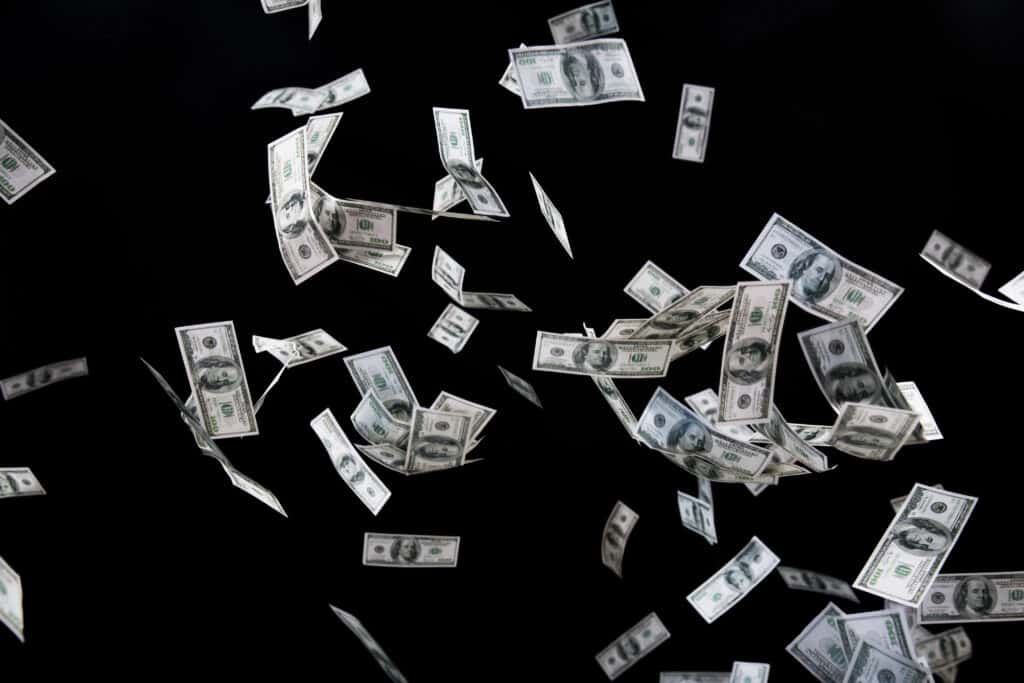August 5, 2025
In this post, I’m going to do something very unpopular. I’m going to defend billionaires. Kind of. First, a little context. Recently, I’ve seen people—some who are Christians and some who are not—claim that it is inherently wrong or sinful for a person to be a billionaire.
Some of these statements have been stirred by the election success of the totally-not-a-communist candidate for mayor of New York City who believes that billionaires shouldn’t exist (unless of course they are funding his or his friends’ politics). This is a statement that goes far beyond the typical political position that says billionaires need to pay “their fair share,” whatever that sentiment means in the moment. No, this isn’t an economic statement. He is assigning a moral judgment to the status of billionaire. He is implying that it is wrong to be a billionaire, which invites the question—is that correct?
There are certain ideas in Scripture that are clear enough that everyone should be able to eagerly agree upon them. The idea that wealth presents a unique moral temptation is one of those ideas. It is true that Jesus has some harsh and radical things to say about wealth and the wealthy. We see some of these same themes carried over into the writings of Paul, James, and the author of Hebrews (Apollos). We see the language of judgment being applied to the wealthy throughout the New Testament in places like the Gospels and Revelation.
“We see the language of judgment being applied to the wealthy throughout the New Testament in places like the Gospels and Revelation.”
I’m not even going to take the time to cite all of the passages, because most of us are familiar with them. Love of money is a root of all kinds of evil. We can’t serve both God and money. Keep your lives free from the love of money and be content with what you have. Be thankful in all things and be generous storing up treasures in heaven rather than earth. These are not new or contended ideas. It is transparently clear from Scripture that wealth is among our greatest idols competing for our worship and ultimately our souls.
Does this mean, therefore, that being a billionaire is inherently sinful? Well, in one sense, yes. Because of course we are all inherently sinful. In another sense, also yes. With great wealth, comes great obligation and great temptation. I have no doubt that a billionaire who is also a Christian faces dilemmas and temptations that are only vaguely imaginable to me. In the same way that it would be very hard to be a “good” (whatever this difficult word means) Christian and also the President of the United States, I think it would be very hard to be a “good” Christian and also a billionaire.
So, in a sense, I can agree that given the great difficulties and temptations that come with great wealth, every billionaire is going to naturally fall short. Personally, I would not want to be a billionaire because of what I fear it would do to my soul. But in a third sense, I hesitantly say no because this claim fails to appreciate at least two related facts.
“Personally, I would not want to be a billionaire because of what I fear it would do to my soul.”
First, we shouldn’t be so naive as to believe that the god of wealth and affluence only haunts the excessively rich. A person who works only a minimum wage job is still capable of greed, jealousy, resentment, and idolatry. We are all susceptible to these things. In fact, much of the political rhetoric that surrounds the topic of “billionaires” is deeply saturated with the language of class envy and resentment. Billionaires are “bad” because they have things that I don’t. They have things they don’t deserve (with the implication that I deserve those things more). Never mind the fact that Scripture admonishes me to be content and to trust in God, not in riches.
I can’t help but cloak my own greed in self-righteous rhetoric about the evils of billionaires. Do billionaires have a unique obligation to be generous and sacrificial? Yes. Of course. That is a biblical principle. The one who has been given much will be asked of much. (Although I have some reservations about whether or not government bureaucrats would be better stewards of their wealth.) Do they deserve scrutiny in regards to how they treat those who labor for them? Absolutely. At least James believed so. But we are still a far cry from a position that billionaires are inherently sinful.
Second, the claim that billionaires shouldn’t exist suffers from a sorites problem. Imagine a heap of sand made up of an innumerable number of grains of sand. If you take away a grain of sand, it is still a heap. If you keep taking away a grain of sand, one at a time, at what point does the heap of sand stop being a heap? Or, in reverse, how many grains of sand does it take to create a heap?
“How many grains of sand does it take to create a heap?”
Here’s how this applies to this moral question. If a person’s net worth stays one dollar under one billion dollars, are they still inherently sinful? Most rational people would say that one dollar couldn’t make that much of a moral difference. But this invites the question, at what point do we become affluent enough that we become sinners because of our wealth?
It’s been my experience that the answer to that question is always comparative—anyone significantly wealthier than me. Bernie Sanders used to warn about millionaires who were running our government until he became a millionaire. Now, his target is billionaires. The economic revolution is always for thee, but not for me.
The disconcerting truth is that every person reading this is affluent comparative to someone else, which means that we are all faced with personal ethical decisions and temptations regarding our wealth. Yes, Jesus did warn about the difficulty of a wealthy person entering into the kingdom, but we should all be humble enough to recognize our own camel-shape.
“The disconcerting truth is that every person reading this is affluent comparative to someone else, which means that we are all faced with personal ethical decisions and temptations regarding our wealth.”
Be careful of assigning moral value to a person’s status rather than their behavior. The poor are not automatically virtuous because of their poverty and neither are the wealthy automatically corrupt because of their wealth. The question of whether it is sinful to be a billionaire obscures the point. The question is what the wealthy (including you and me) do with their wealth.
From chadragsdale.wordpress.com. Used with permission.











